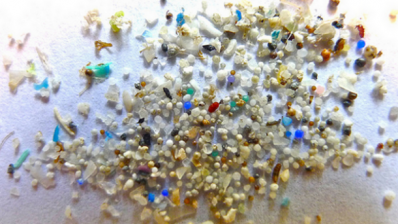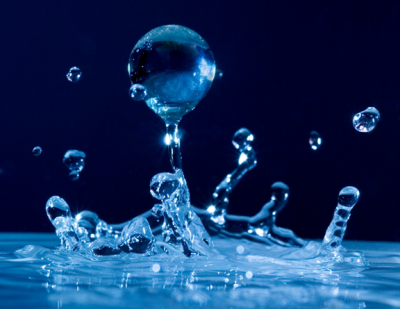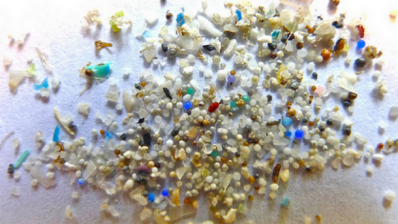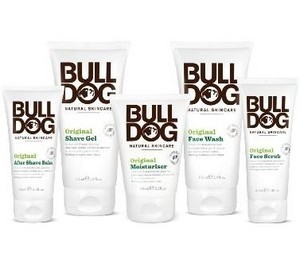Ireland now making moves to ban microbeads
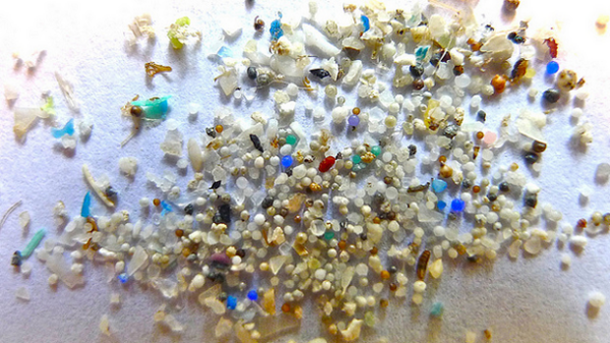
Simon Coveney, minister for Local Government, is set to initiate a six-week public consultation on a proposed legislative ban on specific products that contain plastic microbeads.
In line with many other regional bans that have so far been introduced on microbeads, the proposed move would eliminate microplastics on a range of products including cosmetics, toothpastes and detergents.
Significant pollutant
According to the Irish Times, Coveney has said that microplastic pollution is “one of the most significant marine environmental challenges of the 21st century.”
If Ireland follows through on the proposed ban, it would be joining several other major markets in doing so: Canada has already made the use of microplastics illegal in certain products, and the UK and US are ready to follow suit this year.
International issue
Ireland is one of a number of EU countries said to be keen to see an EU-wide ban on the pollutant to come into place.
Indeed, Coveney is reported to be quite outspoken on the need for cross-border co-operation on the issue, having told the Seanad last November that no one country will be able to solve the problem alone.
“While a domestic ban may send a positive message, clearly banning the use of microbeads by a population of over 500 million would be much more effective than banning them in a population of less than 5 million in isolation,” he said.
Cosmetics: not a major culprit
While the beauty and personal care industry has been proactive in reformulating products to remove microbeads and in many cases has been making voluntary efforts to do so, various bodies and figures have also stressed that cosmetics products are not the major culprit behind microplastic pollution in marine areas.
Dr Chris Flower, Director-General of the UK’s leading industry body, the CTPA, is one such figure.
“If we are to stem the tide of microplastic marine litter, we must tackle the major sources and these are not cosmetic products,” he said.
“We are therefore pleased to see that the Government’s public consultation will also seek information on the other sources of microplastics in the marine environment, much of which we know comes from the breakdown of larger plastic items.”
